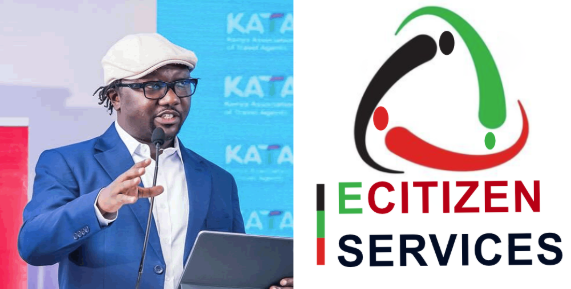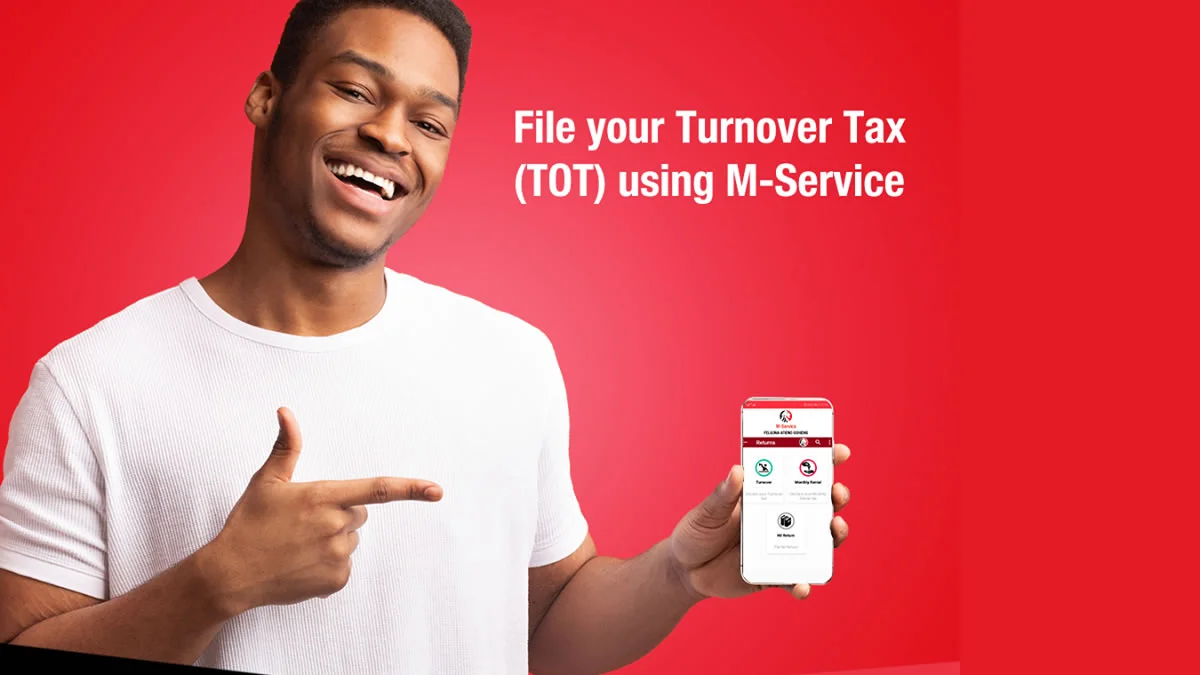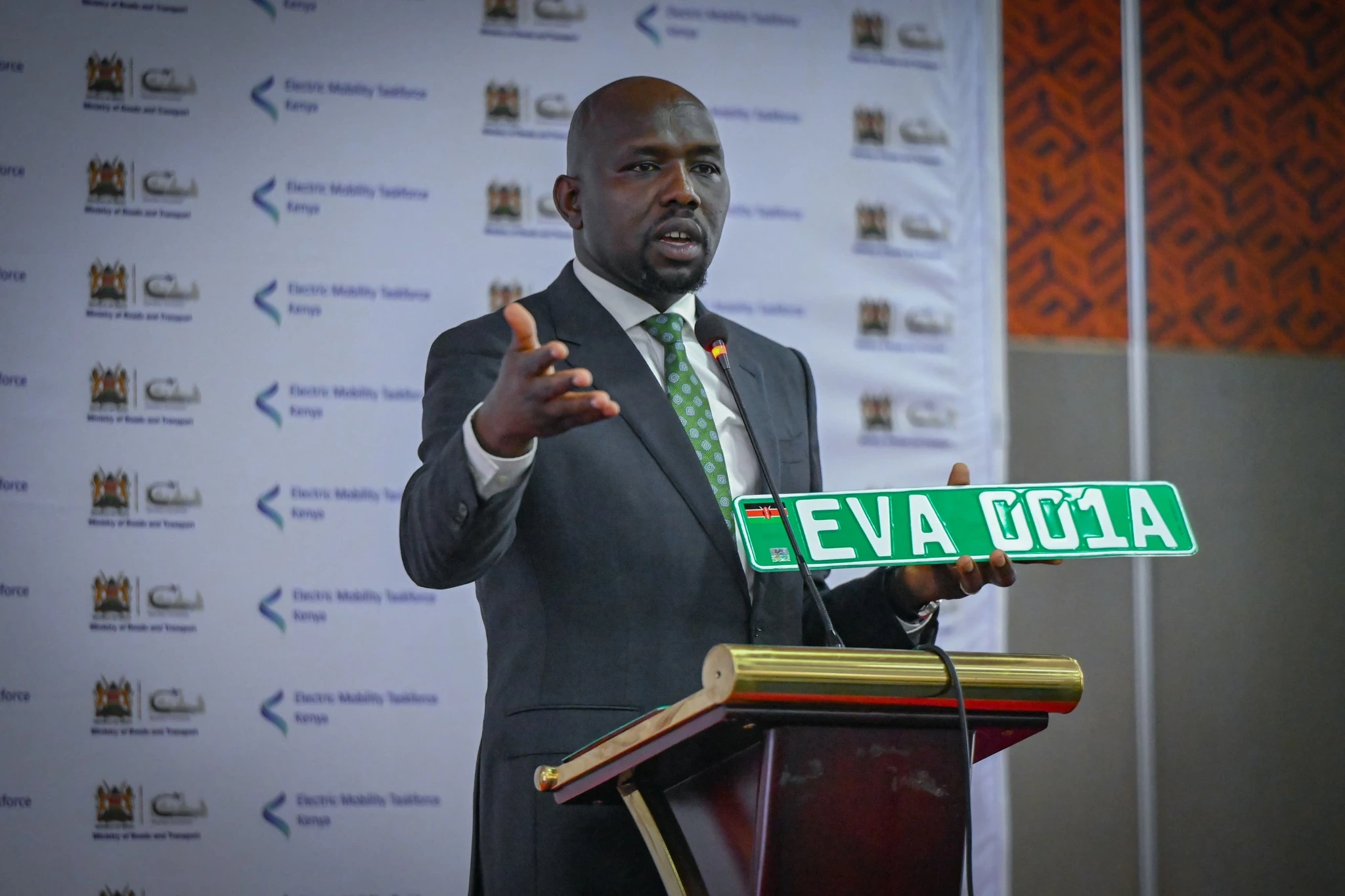
The Three Private Firms Behind eCitizen and the Billions They Earn from Government Services
Three private companies—Webmasters Kenya Limited, Pesaflow Limited, and Olive Tree Media Limited—run and maintain the eCitizen platform. Now they are under the spotlight due to the platform’s huge earnings and growing influence on digital governance.
Who Are the Companies?
According to Immigration and Citizen Services Principal Secretary Dr. Julius Bitok, the three companies are contracted to manage key operational aspects of eCitizen:
Webmasters Kenya Ltd, owned by tech entrepreneur James Ayugi, is in charge of customer support and technical coordination.
Pesaflow Ltd handles payment processing across the platform.
Olive Tree Media Ltd manages bulk messaging, security notifications and revenue mobilisation.
This trio ensures eCitizen is functional, responsive and secure, with access to over 22,000 government services including immigration and NHIF contributions, business registration and birth certificates.
How much money does eCitizen make?
The figures are mind-boggling. As of 2025:
eCitizen processes Sh700 million daily, a mix of government revenue collections and service convenience fees.
It charges a transaction-based fee of Sh10 to Sh50 per service, including a standard Sh50 “convenience fee.”
In the financial year ending June 2024, the platform generated Sh1.45 billion in private revenue, broken down to:
Sh591 million from convenience fees
Sh857 million for system maintenance and operational costs
These are separate from the public funds collected on behalf of various government ministries, departments and agencies.
The Contract: How much does the government pay?
The current contract between the government and eCitizen service providers was signed on May 25, 2023 and runs for three years. Key financial obligations under the contract are:
Sh50 million standardization fee for streamlining the platform.
Annual maintenance costs ranging between Sh300 million and Sh1.08 billion depending on the volume of integrated services.
This performance-based model ties payment to service delivery and expansion, incentivizing efficiency while allowing scalability.
The vision behind eCitizen: A tech entrepreneur’s dream
James Ayugi, the founder of Webmasters Kenya, has been the driving force behind the eCitizen vision from the beginning. A JKUAT graduate with a background in statistics and computer science, Ayugi started building the platform in 2008.
In 2009, he and his team worked on an e-registry pilot project with then-Finance Minister Uhuru Kenyatta, who would later champion digital transformation as president. When Uhuru’s administration launched its digitization agenda in 2013, Ayugi’s team proposed going beyond digital payments to fully automate service delivery.
“When the government said digital payment, there were people thinking about ATM cards. But we knew it had to start with services,” Ayugi said.
Their approach won over policymakers and the World Bank-funded rollout began in 2014, with NTSA as the first agency on board.
Why eCitizen Matters
eCitizen has become the backbone of Kenya’s digital public infrastructure. By consolidating services on one platform, it reduces bureaucratic delays, increases transparency and eliminates physical queues.
Currently you can access services from key departments including:
Personal and Civil Registration
Immigration Services
NHIF and NSSF
Business and Company Registration
Police Clearance and KRA Integration
But the success of the platform has also raised questions on the role of private firms in public service delivery. Critics argue that essential services should not be monetized for profit, while others defend the efficiency gains and innovation that the private sector brings.
The Way Forward
With more services being added and transaction volume growing, eCitizen’s private partners will continue to make big money. And as public interest and scrutiny grows, there will be reforms on transparency, pricing and public ownership of the platform in the long term.
As the platform continues to evolve the balance between service efficiency, fair access and public accountability will be at the heart of Kenya’s digital governance debate.


